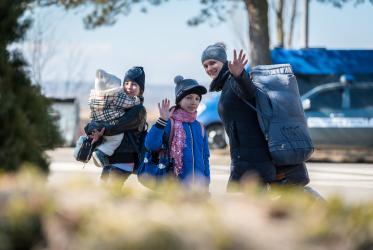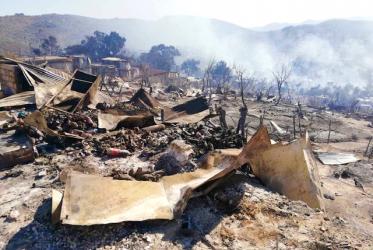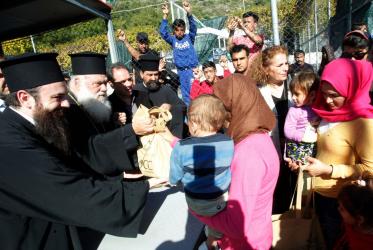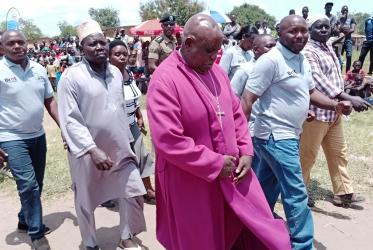Displaying 1 - 20 of 68
Webinar - “People on the Move: Solidarity and Advocacy”
12 November 2020
https://www.oikoumene.org/live
Norwegian prophetic bishop ‘has no regrets’
20 December 2019
Religious leaders from South Sudan cherish those who host refugees
23 September 2019
A faith-based, holistic approach to HIV and AIDS-care
13 March 2019













